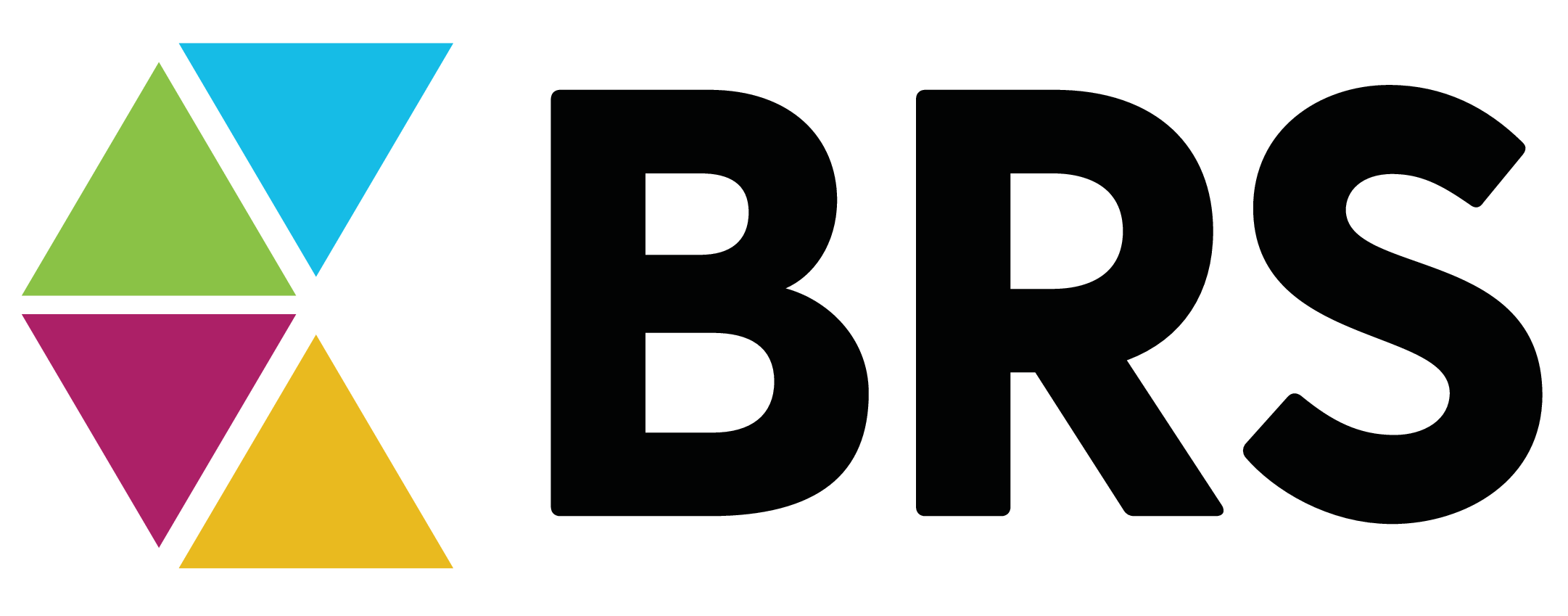Compliance in a broad sense means satisfying obligations and delivering on promises. Even high-quality customer service involves compliance of this kind – your products and services are always what you say they are, and your delivery of them meets customers’ expectations.
Some critical observations:
- Laws, regulations, contracts, deals, agreements, guarantees, warranties, etc. all represent obligations, the very essence of business rules.
- These obligations are constantly amended, extended and (sometimes) terminated, so you need direct traceability for them.
- The typical IT view of traceability is far removed from what the business actually needs to manage obligations.


